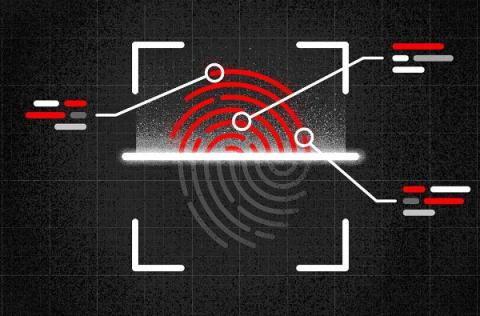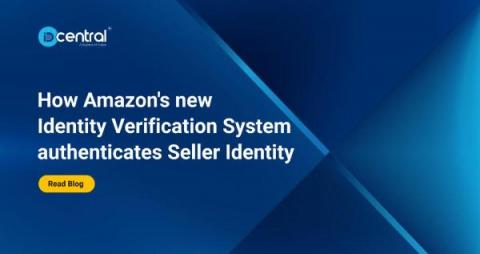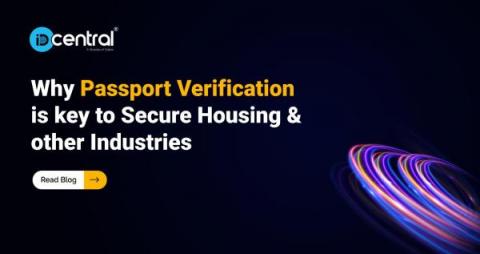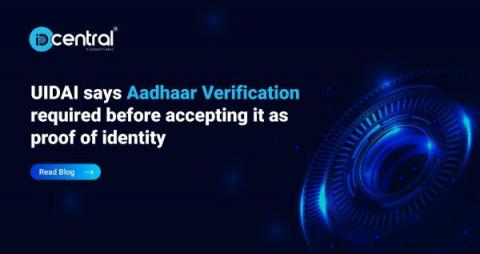How Financial Institutions can use PAN verification APIs for Remote Client Onboarding
Banks still struggle to properly integrate clients even though the majority of financial institutions (FIs) have explicit digital-first initiatives to automate & optimise their backend operations. The majority of corporate clients need an easy-to-use onboarding process with little human involvement and foolproof verification, but due to strict compliance requirements and a high demand for customization, this is a challenging challenge.











